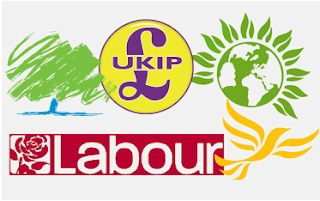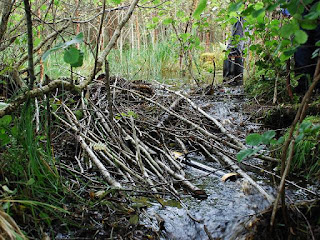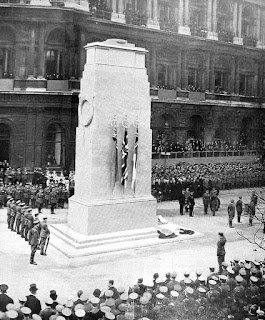The Election 2015 – a challenge for museums?

First posted: 8th March 2015 In Industry Trends And Critical Analysis Neville Stankley explores the repercussions of the 2015 elections for the heritage sector As one of the most unpredictable election campaigns in recent history unexpectedly lead to a single party majority Conservative government. Those of us working in the cultural sector might be worried, but would we have been better off with Labour or a centre-left coalition? The Labour Party – What would they have done? For one thing they would have continued to fund free entry to national museums. However, their regional agenda also gets a mention. Their manifesto offered a vague commitment to universal free access to great art and national heritage ‘in all parts of the country’. Nothing concrete or tangible is added to this promise. It leaves us to speculate what might have been. Interestingly for those of us who went through ‘Renaissance in the Regions’ years they would have required all organisations that receive arts fu


